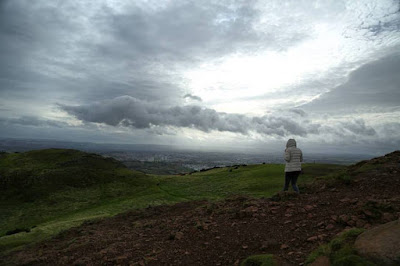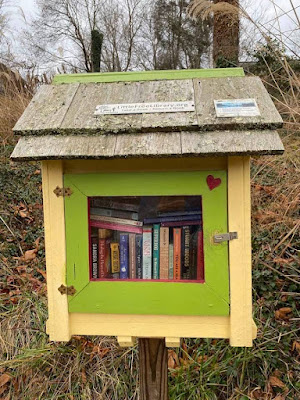Football has been a big connector lately. Hayden loves claw machines and on our trip won (bought) a KC Chiefs window hangie thingamabobber. He thought we should send it to the "unschoolers who sing the Kansas City Song" (Ken & Amy Briggs). When we were at Burger King the other day, the kids' prizes were NFL related. He first found KC Chiefs and reiterated his connection to the team, which led to a talk of the Briggs' actually living in NY -- "NY has TWO teams!!" As he browsed the other teams, he happened upon Cleveland Browns -- "Oh! Now I get the joke on Family Guy!! Cleveland's last name is Brown, I thought it was because of his skin color, well it is! Both!" I didn't realize how many football jokes have been on that series, but Hayden knew of a few others and it is just now that they're connecting and beginning to make sense.
I never knew how multi-layered most movies and television shows are, until I lived the freedom of no censorship with my kids. I'm excited to watch Shrek again with Hayden... we've not seen it in over a year and I know his sense of humor has drastically changed, he's more aware of innuendo, it will most likely be a whole new movie for him. I will miss his *younger* perspective as much as I look forward to this *older* one.
also consider SandraDodd.com/again, about watching things again
Hayden playing in a fountain,
photo by Gail Higgins, I think,
or maybe by Diana Jenner



















